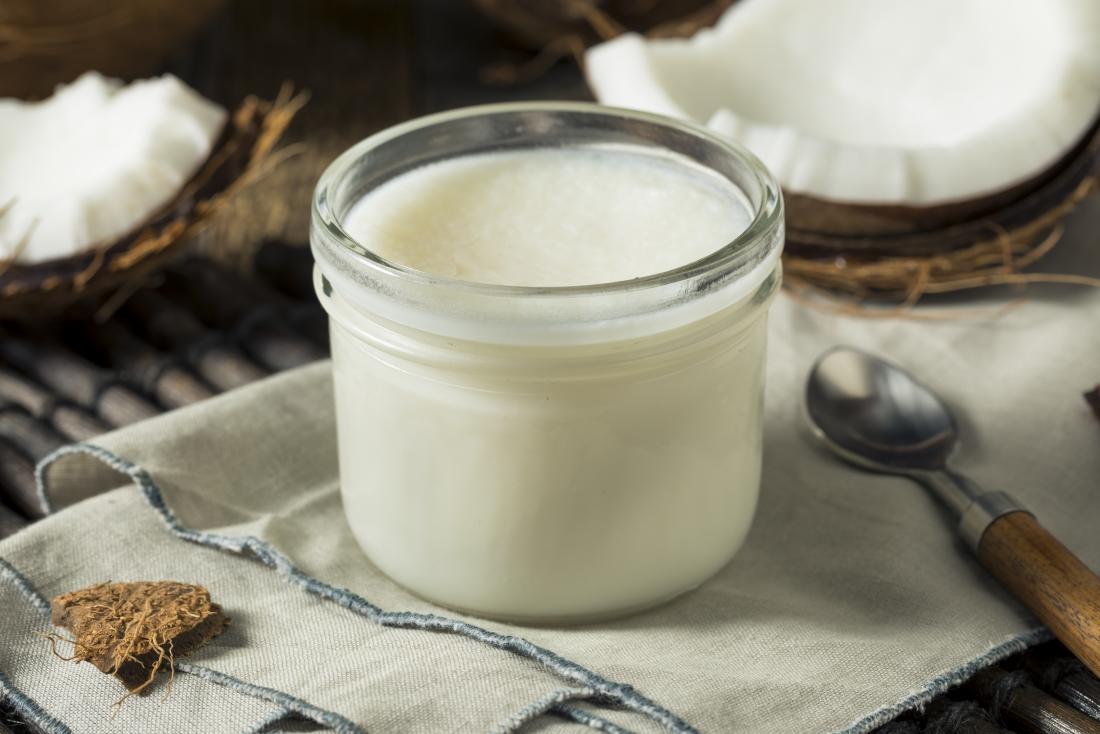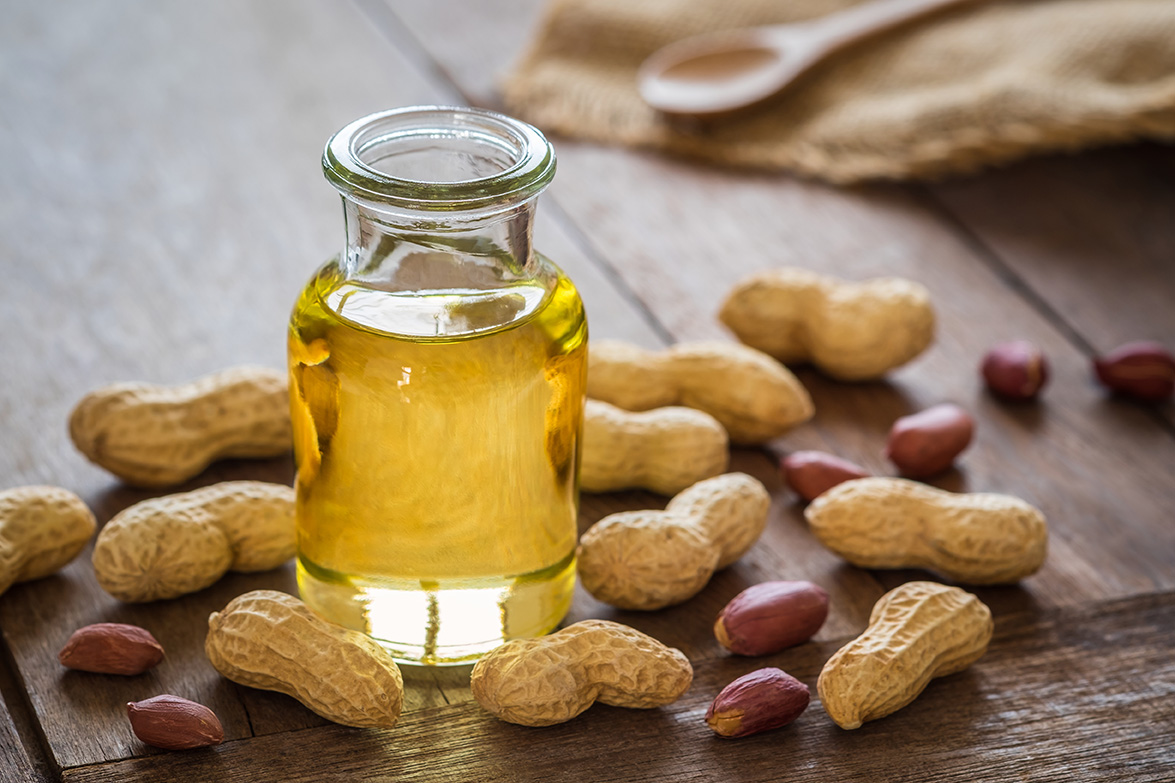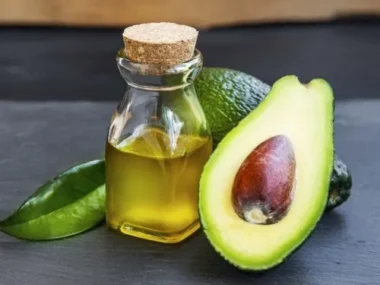When you’re out of soybean oil, it might feel like you’re stuck, especially if you’re in the middle of cooking or baking. Soybean oil is a common ingredient in many households, thanks to its mild flavor and high smoke point. Whether you’re using it for frying, sautéing, or even in salad dressings, it often feels like an essential part of your kitchen. However, the good news is that there are several alternatives you can use in its place.
Sometimes, you might need a substitute for soybean oil due to dietary restrictions, allergies, or simply because you’re looking for something with different flavors or health benefits. This blog will explore 11 great substitutes for soybean oil, each with its own unique qualities that make it a good choice for different cooking needs.
11 Best Substitute For Soybean Oil
1. Canola Oil

Canola oil is another excellent substitute for soybean oil due to its mild flavor and versatility. It’s great for baking, frying, and even sautéing because it has a high smoke point, similar to soybean oil. Like soybean oil, canola oil is also neutral in taste, so it won’t overpower the flavors of your dish.
In terms of health benefits, canola oil is low in saturated fat and contains omega-3 fatty acids, which are good for heart health. If you’re concerned about cholesterol or are looking for a heart-healthy alternative, canola oil is a great option to keep in mind. It performs well in a variety of cooking methods, from baking cakes to frying chicken, making it one of the most flexible options.
2. Olive Oil

Olive oil is one of the most popular and versatile substitutes for soybean oil. It’s widely available and adds a slightly fruity, peppery flavor to dishes, making it great for salads, marinades, and low-heat cooking. Olive oil is rich in healthy fats, particularly monounsaturated fats, which are known to support heart health.
When it comes to cooking, extra virgin olive oil has a lower smoke point than soybean oil, so it’s best for medium-heat cooking or drizzling over finished dishes. However, if you’re looking for an oil to fry or sauté with, you might prefer using regular or light olive oil, which has a higher smoke point.
3. Coconut Oil

Coconut oil is a unique substitute because of its distinctive flavor and texture. It’s solid at room temperature but melts quickly when heated, making it ideal for baking and sautéing. Coconut oil is often chosen for its health benefits, as it’s rich in medium-chain triglycerides (MCTs), which are thought to help with weight loss and provide quick energy.
However, keep in mind that coconut oil does have a noticeable coconut flavor, which may not be suitable for all recipes. It works best in baked goods, curries, and stir-fries where a tropical flavor is desired. Additionally, it has a relatively high smoke point, making it a good choice for frying as well. If you enjoy the flavor of coconut, this oil can be a delightful and healthy alternative to soybean oil.
4. Avocado Oil
:max_bytes(150000):strip_icc()/GettyImages-1303865508-527ad6621aca4cf9bceb582d445e384c.jpg)
Avocado oil is known for being one of the healthiest oils available. It’s rich in heart-healthy monounsaturated fats and also contains a good amount of vitamin E, which is beneficial for skin health. Like olive oil, avocado oil has a mild, slightly nutty flavor, but it’s much lighter in taste, so it won’t drastically alter the flavor of your food.
Avocado oil has a high smoke point, making it perfect for high-heat cooking methods like frying or grilling. It’s also great for salad dressings or drizzling over vegetables. While it can be a bit more expensive than other oils, its health benefits and versatility make it a great substitute for soybean oil, especially when you’re looking for an oil with a neutral taste and high cooking performance.
Read also, 12 Best Substitute For Avocado Oil
5. Sunflower Oil

Sunflower oil is another neutral-tasting oil that works well in place of soybean oil. It has a high smoke point, making it great for frying, baking, and sautéing. Sunflower oil is particularly known for being rich in vitamin E, which acts as an antioxidant and supports overall health.
Like soybean oil, sunflower oil won’t interfere with the flavors of your dishes, so it’s a versatile option for many types of cooking. If you’re looking for an oil that won’t add any strong flavor but will still perform well at high temperatures, sunflower oil is a great choice. It’s commonly used in commercial frying and cooking, so you may already be familiar with its subtle flavor.
6. Peanut Oil

Peanut oil is a popular choice for frying due to its high smoke point and mild, slightly nutty flavor. It’s commonly used in Asian cuisine, particularly for stir-fries, because it can withstand high heat without breaking down. Peanut oil also adds a delicious flavor to fried foods, giving them a rich and slightly nutty taste.
If you’re allergic to peanuts or cooking for someone who is, you’ll want to avoid this option. However, for those who can enjoy it, peanut oil can be a flavorful and reliable substitute for soybean oil in many types of cooking. It’s particularly good for deep-frying, roasting, and sautéing.
Read also, 10 Best Substitutes for Castor Oil
7. Grapeseed Oil

Grapeseed oil is another mild-tasting oil that can easily replace soybean oil in most recipes. It has a light, clean flavor that won’t overpower your food, making it a great option for salad dressings, baking, and light sautéing. Grapeseed oil also has a relatively high smoke point, so it can be used for frying as well.
Grapeseed oil is high in polyunsaturated fats and is considered heart-healthy. It’s also rich in antioxidants, particularly vitamin E. If you’re looking for a neutral oil with health benefits similar to soybean oil, grapeseed oil is a great option that works well for various cooking methods.
8. Sesame Oil

Sesame oil is a flavorful alternative to soybean oil, especially when you’re making Asian-inspired dishes. There are two main types of sesame oil: light sesame oil, which is neutral and great for cooking, and toasted sesame oil, which has a rich, nutty flavor and is often used as a finishing oil.
Toasted sesame oil is perfect for drizzling over stir-fries, soups, or salads to add a burst of flavor, while light sesame oil can be used for frying or sautéing. Sesame oil is packed with antioxidants and healthy fats, making it a great choice when you want to add both flavor and nutrition to your meals. However, because of its stronger flavor, it’s best used in recipes that can handle its distinct taste.
9. Corn Oil

Corn oil is another affordable and widely available substitute for soybean oil. It has a neutral flavor and high smoke point, making it perfect for frying, grilling, and sautéing. Like soybean oil, corn oil is often used in commercial food production due to its versatility and mild taste.
While corn oil is lower in omega-3 fatty acids compared to some other oils, it’s still a good choice if you’re looking for a basic cooking oil that can handle high heat without altering the flavor of your dishes. It’s especially useful for deep-frying because it has a clean, neutral taste that won’t interfere with the flavor of fried foods.
10. Safflower Oil

Safflower oil is a great alternative to soybean oil, especially if you’re looking for an oil with a high smoke point. It’s excellent for frying, roasting, and baking, as it can withstand high heat without breaking down. Safflower oil has a very mild taste, so it won’t change the flavor of your food.
Safflower oil is high in healthy fats, particularly monounsaturated fats, which can help support heart health. It’s often recommended as a good oil for people looking to reduce cholesterol or improve heart health. Its neutral flavor and high heat tolerance make it a versatile and healthy substitute for soybean oil in many recipes.
11. Flaxseed Oil

Flaxseed oil is unique among the substitutes on this list because it’s not ideal for cooking, especially at high temperatures. Flaxseed oil is best used as a finishing oil, drizzled over salads, grains, or roasted vegetables. It has a slightly nutty flavor and is incredibly rich in omega-3 fatty acids, making it one of the healthiest oils you can use.
Because of its low smoke point, flaxseed oil is not suitable for frying or sautéing. However, if you’re looking for an oil to use in cold dishes, dressings, or to add to smoothies for a health boost, flaxseed oil is a fantastic alternative to soybean oil. Its nutritional benefits make it an excellent choice for those looking to improve their intake of healthy fats.
Conclusion
Soybean oil is a versatile ingredient, but there are plenty of substitutes that can step in when you need them. Whether you’re looking for a neutral-tasting oil like canola or sunflower oil, a heart-healthy option like olive or avocado oil, or something with a unique flavor like sesame or coconut oil, there’s a substitute that will suit your needs. Each of these oils has its own set of benefits and characteristics, making them excellent choices depending on what you’re cooking and your health goals.






